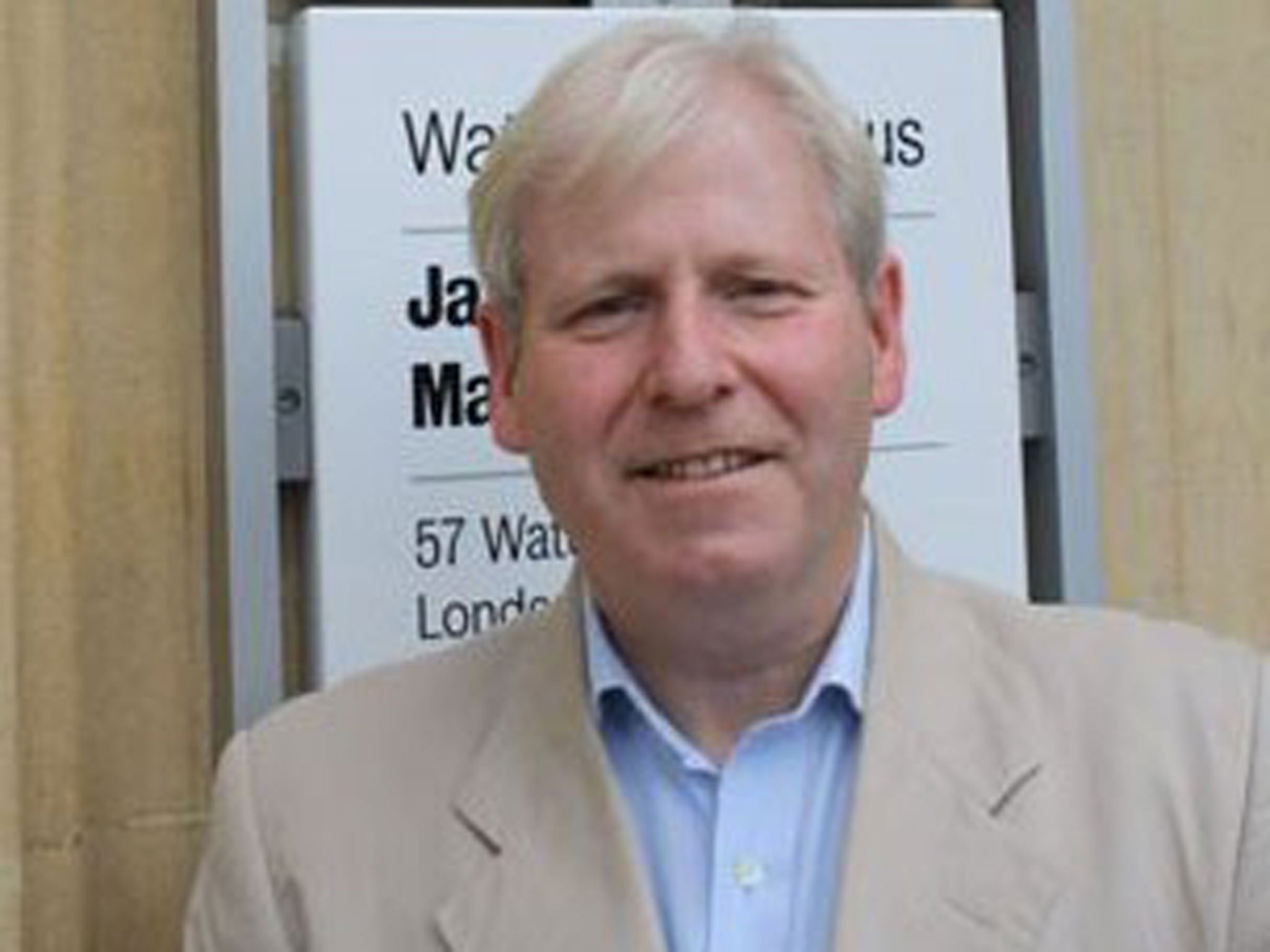David Cameron promise 'empty political rhetoric', say charity

Your support helps us to tell the story
From reproductive rights to climate change to Big Tech, The Independent is on the ground when the story is developing. Whether it's investigating the financials of Elon Musk's pro-Trump PAC or producing our latest documentary, 'The A Word', which shines a light on the American women fighting for reproductive rights, we know how important it is to parse out the facts from the messaging.
At such a critical moment in US history, we need reporters on the ground. Your donation allows us to keep sending journalists to speak to both sides of the story.
The Independent is trusted by Americans across the entire political spectrum. And unlike many other quality news outlets, we choose not to lock Americans out of our reporting and analysis with paywalls. We believe quality journalism should be available to everyone, paid for by those who can afford it.
Your support makes all the difference.David Cameron's much vaunted covenant with Britain's armed forces has become "empty political rhetoric" that is failing to help former soldiers, a leading veterans group has claimed.
In a stinging rebuke, Veterans Aid said that the Prime Minister's pledge to do "all we can" for soldiers who have served in Iraq and Afghanistan was not being fulfilled. It cited chronic problems with housing and a lack of training for soldiers leaving the Army.
On Wednesday, Veterans Aid met Lord Ashcroft – who has been charged by Mr Cameron to carry out a review of help for soldiers returning to civilian life – to voice their concerns.
The charity's chief executive, Hugh Milroy, said that the covenant failed to live up to expectations: "What we've got is a situation where people's expectations were raised but they are getting dashed all over the country. This was a good initiative, conceived for all the right reasons, but it has really failed to deliver. We've got to grow up now and say we're a year into it now – let's talk about reality.
"Does it affect anyone I see – and I see more than most of veterans facing social exclusion – no. We don't refer to it, and it's not something we use." Mr Milroy cited the case of a veteran family who had been told they would have special status within the housing system because of their past service but this turned out to illusory.
"They went to the local authority for housing and were told that because they were veterans they would have priority on the housing waiting list.
"Then they asked how long it would be and they were told: seven years. This really typifies the problem," he said.
Mr Milroy said such difficulties were far from unique to servicemen and women but that the Government had to decide whether the country did owe them a special duty of care. The worst situation, he said, was to make promises that could not be fulfilled.
"We need to discuss in this country who are veterans in the 21st century. If they [veterans] are special and we are going to support them, how are we going to support them? What are their rights? Have they any rights? But if they are going to say we should do something then it actually needs to be in law."
Join our commenting forum
Join thought-provoking conversations, follow other Independent readers and see their replies
Comments